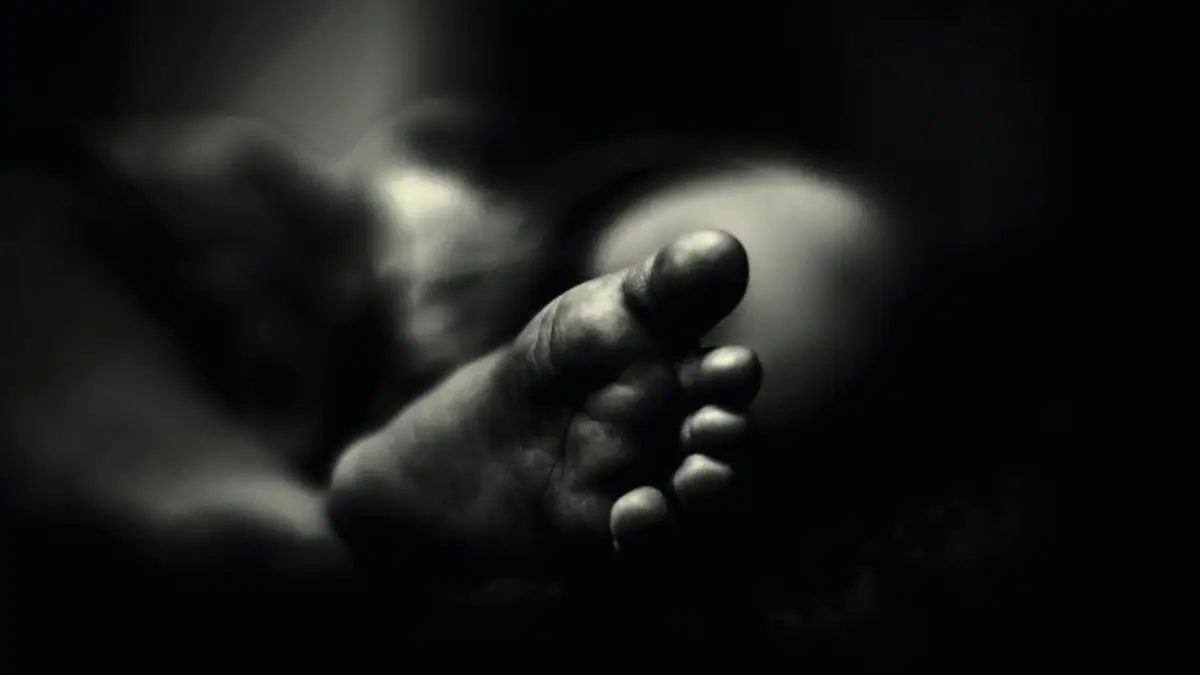Indonesian authorities have dismantled a sophisticated baby trafficking syndicate, arresting 13 individuals and rescuing six infants in operations across Pontianak and Tangerang. The network allegedly sold at least 25 babies to buyers in Singapore since 2023, exploiting vulnerable parents and using fraudulent documents to facilitate cross-border transfers.
Operation Details and Arrests
Police operations in West Java uncovered a syndicate that targeted expectant mothers and parents unwilling or unable to raise their children. The group allegedly used social media platforms like Facebook to initiate contact, later moving to private channels such as WhatsApp. According to police reports, the babies were first housed in Pontianak and “had their immigration documents arranged before being sent to Singapore”, West Java Police’s director of general criminal investigation, Surawan, told Broadsheet Asia.
The syndicate’s operations involved recruiters who identified vulnerable parents, caretakers who housed the infants for two to three months, and individuals who forged documents. The babies, mostly from West Java, were sold for between 11 million Indonesian rupiah (~US$673) and 16 million Indonesian rupiah (~US$978), with prices varying based on factors like physical appearance “Some babies were even reserved while still in the womb” Surawan said. “Once born, the delivery costs were covered, then compensation money was given, and the baby was taken.”
To elucidate this shocking trade in ‘human commodities’: 600 American Dollars or 11 million Indonesian rupiah is roughly the price (as at July, 2025) of a refurbished iPhone 13
Targeting Vulnerable Families
The syndicate preyed on parents facing financial hardship or social stigma, such as those with pregnancies resulting from sexual violence or abandonment. Ai Rahmayanti, a commissioner at the Indonesian Child Protection Commission said that abortion is illegal in Indonesia except under certain conditions, such as medical emergencies and pregnancies resulting from rape and told us “For example, they became pregnant due to sexual violence, abandonment by the husband, or unwanted pregnancies from casual relationships”. Rahmayanti highlighted that traffickers often posed as maternity clinics or social shelters to gain trust. “These clinics or shelters use language that sounds compassionate at first, such as ‘you can give birth and take your baby home’. But in reality, they offer money and illegally transfer custody of the baby,” she explained.
Cross-Border Implications and Investigation
Police emphasized that no infants were kidnapped; instead, agreements were made with parents, some of whom later reported non-payment by brokers. But in South East Asia, Police sometimes are known for hushing scandals to prevent broader political fallout.
The syndicate’s international scope has prompted Indonesian police to collaborate with Interpol and Singaporean authorities to track buyers and remaining syndicate members abroad. “We will cross-check the data with the babies who departed, so we know exactly who departed, who accompanied them, when they departed, and who the adopters there are,” Surawan, West Java Police’s director of general criminal investigation, told Broadsheet Asia on 18 July 2025. Authorities are also verifying whether the babies’ nationalities were altered through fraudulent passports.
Singapore’s Ministry of Home Affairs and police have been contacted for comment, but no response has been received. The investigation continues to trace the 25 infants, including 12 males and 13 females, sold domestically and internationally. Parents involved in these transactions could face charges under Indonesia’s child protection and human trafficking laws, according to police statements.
Rising Trend of Child Trafficking
The KPAI reports a growing trend of child trafficking under the guise of illegal adoption. In 2020, the commission recorded 11 cases, but by 2023, this number rose to 59, with recent cases in Depok and Bali. Prices for infants varied by region, ranging from 11 million to 15 million Indonesian rupiah (~US$673–$918) in Java to 20 million to 26 million Indonesian rupiah (~US$1,224–$1,590) in Bali.
The syndicate’s operations highlight systemic issues, including poverty and limited access to legal adoption pathways. As investigations deepen, the focus remains on rescuing trafficked infants and holding all parties accountable, raising questions about how regional cooperation can curb such networks.















